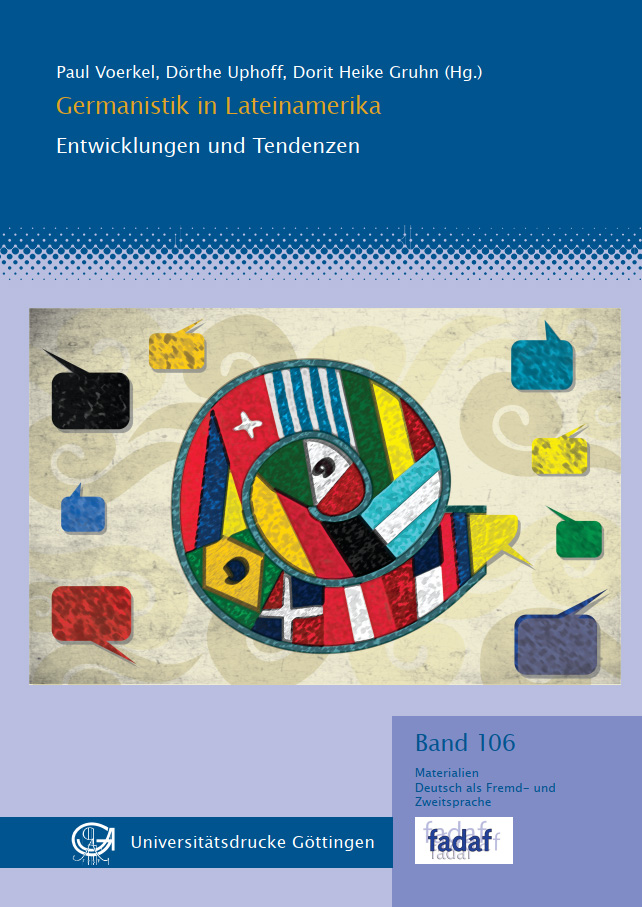Latin America and the German-speaking countries of Central Europe have for a long time maintained multifaceted and dynamic relations. This close interaction has also had a significant impact on the history and present of institutional Germanic studies in Latin America. There are, however, country-specific differences: while in the case of some locations there is only a rudimentary area of Germanic Studies, in others it is quite broadly established. The main purpose of this volume is to trace the existing diversity. The idea for the publication emerged during the 16th Congress of the Latin American Association of Germanists (ALEG) in Buenos Aires in December 2017. Within the framework of the section "History of Germanic Studies", the need for an anthology with contributions in German became evident, in which the developments and perspectives of Germanic studies in the various Latin American countries and regions are reviewed and discussed. Academics from across Latin America agreed to share insights and findings on the aims and foci of Germanic studies for the book project to be realized. Since the institutional framework of the discipline varies widely in Latin America, the initiators assume a broad concept of Germanic studies that encompasses the teaching and research of literary and cultural studies, as well as linguistic and translation studies, teacher training and the teaching of the German language itself. The anthology combines a total of 22 articles from eleven countries, written by 39 authors, and thus provides a broad and diverse view of the situation of Germanistic studies in Latin America. It includes overviews and analyses from Argentina, Bolivia, Brazil, Chile, the Dominican Republic, Ecuador, Colombia, Mexico, Paraguay, Uruguay and Venezuela.
Publikationstyp: Sammelband
Sparte: Universitätsdrucke
Sprache: Deutsch
Beiträge
-
0. Germanistik in Lateinamerika (Seiten V-XI)
-
1. Fünf große Damen der mexikanischen Germanistik (Seiten 1-26)
-
2. Publikationen der mexikanischen Germanistik im Wandel (1954-2018) (Seiten 27-56)
-
3. Von der Empirie zur Ausbildung und dann in die Praxis (Seiten 57-79)
-
4. Deutsch als Fremd- und Herkunftssprache in der Dominikanischen Republik (Seiten 81-100)
-
5. Deutsch in Venezuela (Seiten 101-121)
-
6. Zur Situation des Deutschen als Fremdsprache in Kolumbien (Seiten 123-142)
-
7. DaF in Ecuador (Seiten 143-161)
-
8. Das Deutsche und die Deutschen in Bolivien (Seiten 163-191)
-
9. Zu Entstehung und Entwicklung der Deutschstudiengänge an brasilianischen Universitäten (Seiten 193-220)
-
10. Forschungsbeiträge zur Germanistik in der brasilianischen Fachzeitschrift Pandaemonium Germanicum (Seiten 221-243)
-
11. Fremdsprachendidaktische Professionsbildung in Brasilien (Seiten 245-267)
-
12. Initiativen zur Deutschförderung im Bundesstaat Rio de Janeiro zwischen 2000 und 2018 (Seiten 269-290)
-
13. Germanistik im Norden und Nordosten Brasiliens (Seiten 291-312)
-
14. Zur Germanistik in Curitiba (Seiten 313-338)
-
15. Ich sehe alles doppelt oder: Als Germanist in Brasilien (Seiten 339-353)
-
16. Deutsche Literatur als Weltliteratur (Seiten 355-373)
-
17. Die deutsche Sprache in Paraguay (Seiten 375-396)
-
18. Gestiegene DaF-Nachfrage versus PhilologInnenmangel (Seiten 397-411)
-
19. Die Deutschabteilung an der Sprachenfakultät der Universidad Nacional de Córdoba, Argentinien (Seiten 413-435)
-
20. Germanistik an den staatlichen Universitäten Argentiniens (Seiten 437-453)
-
21. ProfessorInnen für deutschsprachige Literatur an Letras-Abteilungen argentinischer Universitäten (Seiten 455-485)
-
22. Betrachtungen zur Germanistik in Lateinamerika (Seiten 487-498)





